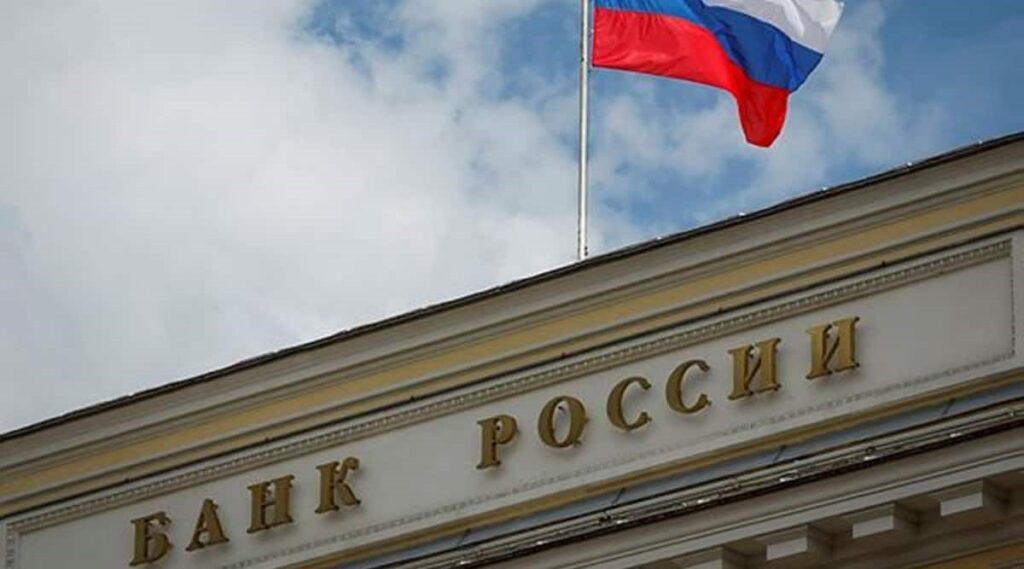Russia increases interest rates to 12% due to the plummeting rouble value.

Russia has increased its interest rates to 12% as a response to the rouble’s decline to its lowest value in 16 months. The currency’s drop below 100 per dollar prompted an emergency meeting by Russia’s central bank. The Bank of Russia explained that it raised interest rates from 8.5% to counter inflation, which reached 4.4% in August. Several factors have been putting pressure on the Russian economy, including rising imports faster than exports and increased military spending due to the ongoing conflict in Ukraine.
The central bank clarified that strong domestic demand surpassing output capacity contributes to inflation and affects the rouble’s exchange rate by driving up import demand. The bank’s goal remains to bring down the inflation rate to 4% by 2024. Western countries have imposed sanctions on Russia following its invasion of Ukraine in February 2022. While the rouble initially suffered due to the conflict, it stabilised through capital controls and energy exports. However, it has since lost around 25% of its value against the US dollar since the invasion.
Although the currency slightly recovered to 98 roubles to the dollar on Tuesday, it remains considerably weaker than its value a year ago. This is not the first time the Bank of Russia has taken a firm stance on interest rate hikes. In response to the initial attack on Ukraine, rates were raised from 9.5% to 20%, but they were subsequently lowered. Despite this, experts suggest that the recent rate increase will likely only have a temporary effect, as Russia’s ability to attract capital inflows remains hampered by sanctions.
Analysts have highlighted the impact of Western sanctions on Russia’s trade and economy, with many EU countries seeking alternative energy suppliers and implementing price caps on Russian oil exports. Additionally, Russia has been excluded from the Swift international payment system, further isolating its financial institutions. As Russia grapples with these economic challenges, it faces the task of stabilising its currency and mitigating the effects of both internal and external pressures.
